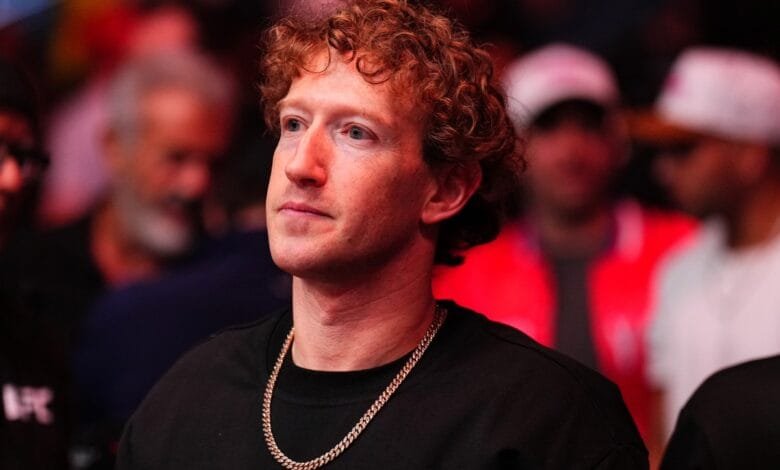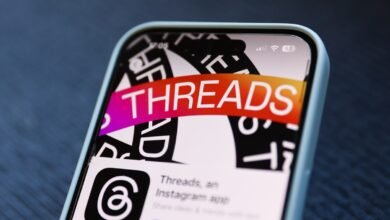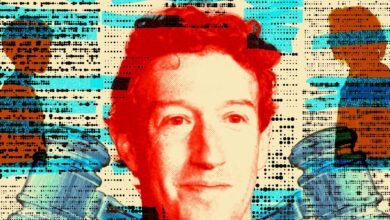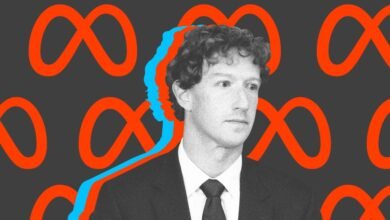Mark Zuckerberg’s AI Ad Tool Sparks Social Media Concerns

▼ Summary
– Mark Zuckerberg outlined plans for an AI-driven ad tool that automates ad creation and delivery for businesses on Meta’s platforms.
– The tool would generate and test thousands of AI ads to optimize performance, reducing the need for human creative input.
– Zuckerberg claims Meta’s existing AI ad tools already outperform human marketers in targeting and optimization.
– Users may face a degraded experience as Meta’s platforms become flooded with AI-generated ads and content.
– The ad industry and creators have raised ethical concerns and legal challenges against AI’s role in creative fields.
Meta’s bold new AI advertising vision could transform digital marketing while raising serious questions about user experience and creative industries. Mark Zuckerberg recently outlined ambitious plans to automate advertising through advanced artificial intelligence, potentially reshaping how businesses connect with customers across Facebook, Instagram, and Threads.
During a keynote at Stripe’s Sessions conference, the Meta CEO described a future where companies simply state their objectives and budget, then let AI handle everything else. The system would generate thousands of ad variations, test them automatically, and optimize campaigns in real-time – all without human intervention beyond initial setup. Zuckerberg called this concept “the ultimate business results machine,” suggesting it could become one of the most valuable AI systems ever developed.
This vision builds on existing Meta advertising tools that already use machine learning to target audiences more effectively than traditional demographic-based approaches. The proposed expansion would apply similar data-driven optimization to creative content itself. Rather than crafting individual ads, businesses might simply provide basic information and let AI produce and test thousands of variations to determine what performs best.
While potentially revolutionary for advertisers, the plan raises significant concerns. Social media feeds already struggle with low-quality AI-generated content, and flooding platforms with thousands of experimental ads could further degrade user experience. Critics argue this approach treats users as test subjects rather than valued community members.
The advertising industry faces its own dilemmas. Creative agencies worry about being sidelined as AI assumes more content creation responsibilities, though some executives maintain that strategic branding still requires human insight. The debate mirrors broader tensions in creative fields, where artists and writers have protested against AI systems trained on their work without compensation.
Legal challenges continue mounting against AI companies using copyrighted material for training data. High-profile lawsuits target major generative AI developers, while thousands of creators have signed petitions demanding ethical standards for AI in creative work. These conflicts suggest Zuckerberg’s advertising ambitions may face resistance beyond just technical implementation.
As Meta pushes forward with its AI-first strategy, the company appears willing to prioritize advertiser benefits over potential platform quality concerns. The coming months may reveal whether users and creative professionals accept this automated future – or push back against what some see as the industrialization of digital expression.
(Source: TechCrunch)





